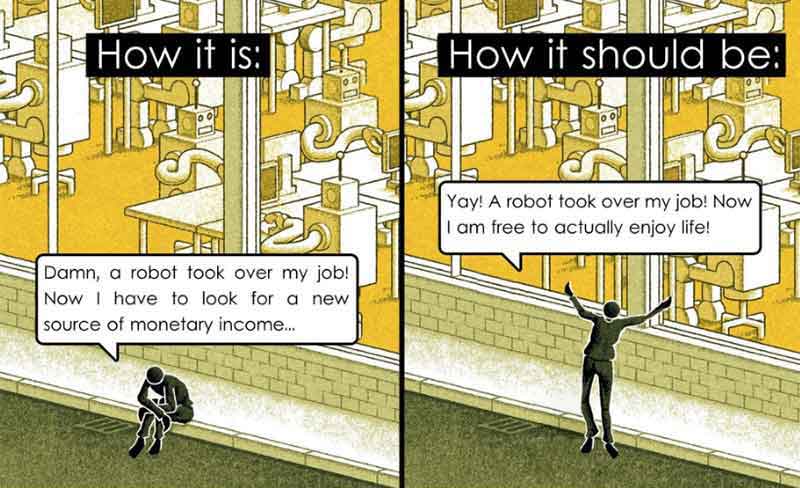If you were given $1,000 a month, would you change your lifestyle?
Silicon Valley incubator Y Combinator (hereinafter referred to as “YC”) is preparing to launch a research project next year on Universal Basic Income, or “UBI”, to pay an unconditional monthly subsidy to 3,000 participants,
One of the objectives of this project called “Making Ends Meet” is to observe what kind of life they will show when the public no longer has to worry about unemployment and loss of income due to automation.

The 3,000 people participating in the project will be divided into two groups, of which 1,000 people will receive a monthly subsidy of US$1,000 from YC, while the remaining 2,000 people will be only $50/month, the latter is the control experimental group.
YC had already proposed to study “UBI” as early as 2016. YC CEO Sam Altman wrote in the official blog at the time :
“I firmly believe that at some point in the future, as technology replaces most of the traditional work, society has accumulated great wealth, and we will witness similar national policies.”
Unlike general government subsidies, UBI advocates unconditionally providing subsidies to residents without setting specific job requirements or group choices (that is, ideally, the rich will also receive this subsidy).
“Therefore, it is also good if we can clarify various hypothetical questions now. Will people stay at home for a day without playing video games? Or will they create new things? Will people become happier and satisfied?”
However, after more than two years, YC is only now advancing the project. YC stated that it was because the previous pilot project in Oakland, California, took much longer than expected and slowed down the entire project.
“In fact, it’s actually harder than you think to give people money in vain.”
Project Director Elizabeth Rhodes told Wired that they had to communicate with the California government and the tax bureau to ensure that participants would not lose their original subsidies.
At present, the YC project is still in communication with individuals, foundations, and local charitable organizations to raise funds, and the project will not be officially launched until the funds are determined.
Why do technology companies support Universal Basic Income?
do technology companies support UBI?
This is not the first “UBI” experimental project.
Last week, Stockton, California released a detailed report stating that they would randomly select 100 low-income households (the list of winners announced in November) and pay them $500/month in subsidies over 18 months.
The project is funded by the non-profit organization The Economic Security Project, which is composed of Facebook co-founder Chris Hughes and other technology practitioners. Also, the big brothers of technology companies such as Mark Zuckerberg and Elon Musk have publicly supported UBI.
At the same time, the Los Angeles Times wrote an article alleging that the investment of technology companies in UBI is not for the “public welfare” people imagine, but for their interests.
“If they (technology companies) replace all jobs with automation, who will buy their services? Even for companies like Google that mine user data, if no one consumes it, the data they get is worthless.
A penniless person has no useable value.”
In any case, Altman said he remains optimistic about the project as he was in 2016. He believes that when people no longer need to worry about their livelihoods, they will have an incentive to create:
“The pursuit of status and other silly things will never end.”
If you unconditionally give you a fee to meet the needs of daily life, what kind of life would you choose?
